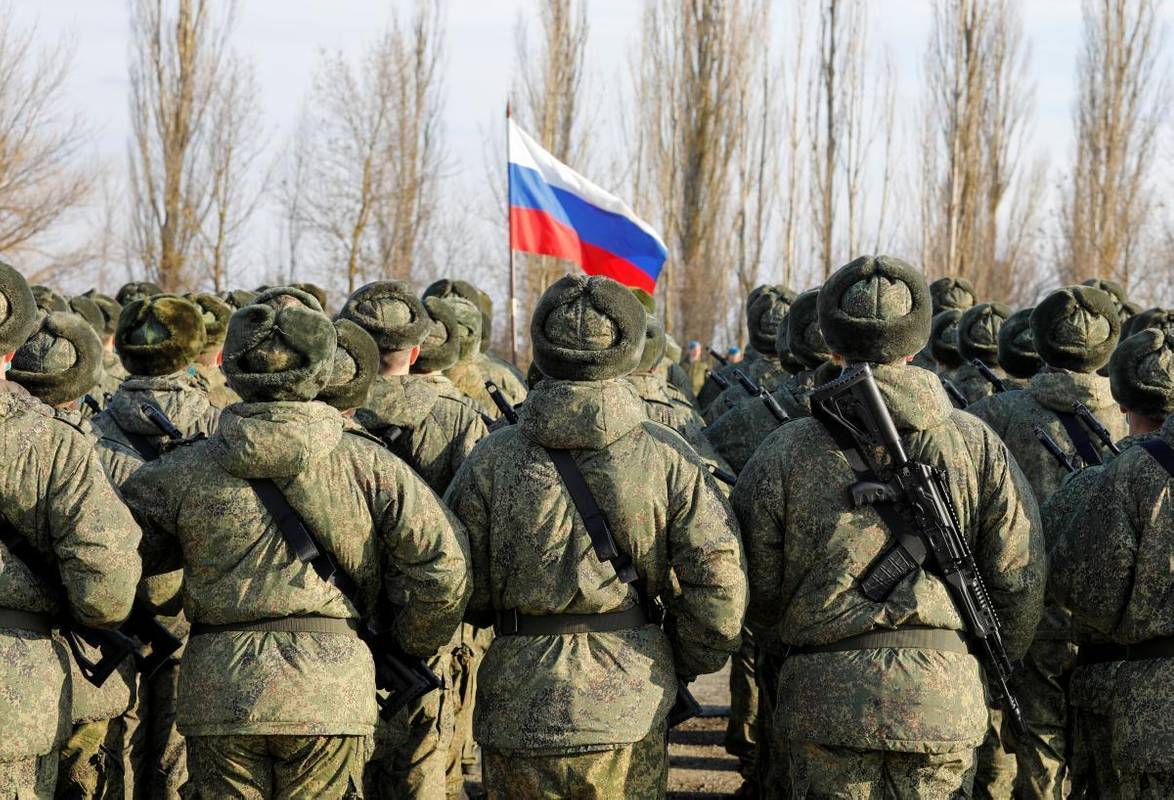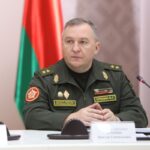With the onset of another winter, Russia is preparing for new challenges in the war against Ukraine. According to General Christopher Cavoli, commander of NATO forces in Europe, the Russian army will emerge from this conflict wiser and more experienced. Military analysts warn that underestimating this threat is dangerous, even in the face of Russia’s huge losses on the front.
Why is the Russian army improving?
In the initial months of the war, particularly in 2022, the Russian army proved itself unprepared for swift and effective invasion. Numerous errors in planning, poor logistics, and unclear strategy initially helped Ukrainian forces achieve significant victories. However, as experts point out, Russians know how to learn from their mistakes. And now we are seeing how this is reflected on the battlefield.
Russia is refining its tactics and adapting to new challenges. It is actively developing new methods of warfare, improving coordination among its units, and applying the experience gained in battles in Ukraine.
Is Europe not ready for confrontation?
An important point highlighted by General Cavoli is the readiness of NATO countries for direct confrontation with Russia. In his opinion, European countries do not yet have sufficient military strength to deter aggression. For example, EU diplomat Josep Borrell characterized European armies as “bonsai armies” that look beautiful but are too small for real combat operations.
This raises questions about Europe’s overall defense capability in the event of a large-scale war where Russia could be the main aggressor. Cavoli urges European countries to take seriously the issue of preparing their armed forces, especially in light of future threats.
Wiser, but not stronger
One of the key concepts of Cavoli is that regardless of the outcome of the war, the Russian army will become smarter and more experienced. This is a fact that cannot be ignored. However, it is important to consider that with each passing month of the war, Russia is losing its human and technical resources. And although its military leadership is becoming more competent, the resources for continuing aggression are dwindling.
As for human resources, Russia is already facing a shortage of personnel. Currently, mercenaries from different countries are actively recruited, and prisoners are also being used. The situation with the North Korean troops, numbering around 11-12 thousand, indicates that Russia is forced to seek new sources for replenishing its ranks.
Issue with Equipment
In addition to the human factor, Russia also faces a serious issue with technical equipment. Huge losses of equipment on the battlefield cannot be quickly replenished, as economic sanctions significantly limit the ability to purchase necessary equipment. Replenishing the military reserves of equipment will take years, especially under current sanctions and limited access to modern technologies.
Question of Future Combat Capability
The duration of Russia’s ability to sustain its military strength depends on many factors. Firstly, the duration of the war plays a key role in determining the country’s future capabilities. Secondly, the question remains of how long Russia will need to restore its resources after the war.
Even if it can learn to fight more effectively, replenishing the army and technical rearmament will take many years. This could become a decisive factor in weakening its influence on the world stage.
Are Ukraine and NATO Ready?
Despite facing significant challenges on the front, Russia should not be underestimated. Ukraine, as well as NATO countries, must be prepared for a prolonged struggle. NATO should draw conclusions from this war now and prepare for a possible confrontation with Russia in the future.
If NATO does not respond promptly to this challenge, the threat could become much more serious than it is today. However, this conflict will also be exhausting for Russia: if the war drags on, Russia’s opportunities for continuing aggression will be significantly limited.


